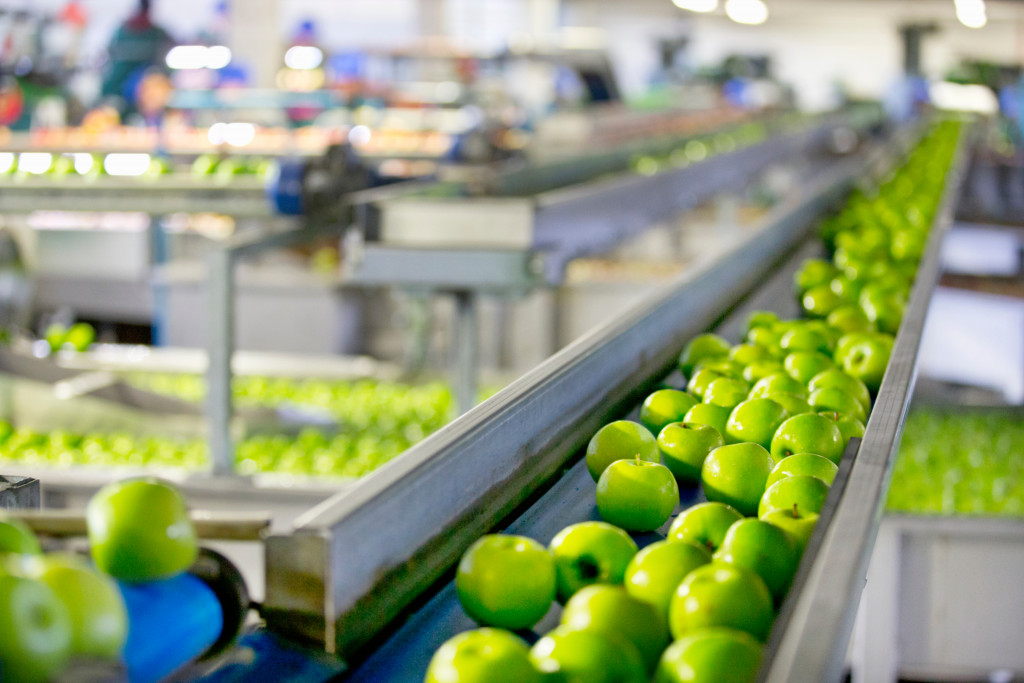- Strong community engagement, brand loyalty, quality infrastructure, and obtaining a social license are integral to successfully establishing a food processing plant.
- Effective marketing, local recruitment, thorough market research, and active participation in community events are strategies to build brand loyalty.
- Gaining a social license to operate involves operating ethically and transparently, respecting local traditions, and contributing positively to community development.
- The overall success of the food processing plant depends on its presence and acceptance in the community, high-quality infrastructure, and adherence to ethical practices.
Starting a food processing plant in your community? It’s essential to foster strong community engagement right from the get-go. Robust community bonds can help ensure a smooth launch, build a local consumer base, and foster a positive company image. You can lay the foundations for a successful and well-integrated business through open communication, active involvement in local events, and opportunities for community feedback.
Build Brand Loyalty
Building brand loyalty in your local community is beneficial and integral to your food processing plant’s long-term success and sustainability. Here are some tips:
Market Your Products

Effective marketing of your products is a key step to building brand loyalty. Understand your community’s needs and preferences and tailor your product offerings accordingly. Use local media channels, community events, and social media platforms to showcase your products, emphasizing their quality, nutritional value, and the fact that they’re locally produced.
Offering product samples at local events can also be an effective way to allow community members to experience first-hand the quality of your products. Never underestimate the power of word-of-mouth; a satisfied customer often leads to more customers. Remember, the goal is to make your products a household name in your community.
Attract Employees
Attracting dedicated and skilled employees is crucial to building your brand within the community. Prioritize recruiting locally, which helps reduce unemployment in your community and demonstrates your commitment to supporting local economic growth. This can foster positive sentiments towards your company among locals, further solidifying your brand.
It’s also important to create a positive work environment, offering competitive wages, benefits, training, and opportunities for advancement. Doing so will motivate your employees to take pride in their work, leading to higher productivity and product quality.
Furthermore, happy employees often become brand ambassadors, spreading positive word-of-mouth about your company within the community. Building a loyal and productive workforce is a key element of your brand’s strength and local standing.
Conduct Market Research
Conducting market research is crucial for understanding the landscape within which your food processing plant operates. Comprehensive market research provides insights into consumer behavior, market trends, and competitor activity in your local area. It can help you identify potential challenges and opportunities and make informed business decisions.
Moreover, regular market research lets you stay up-to-date with changing consumer preferences and adjust your product offerings accordingly. A strong understanding of your local market can provide a competitive advantage, helping you stand out among competitors and further solidifying your brand’s presence in the community. Therefore, invest in regular market research, and consider hiring local market research professionals who understand the unique dynamics of your community.
Engage in Community Events

Active engagement in community events is a powerful way to strengthen your brand’s presence and foster good relationships with community members. Sponsor local events, festivals, or sports teams. Show up at these events not just as a corporate entity, but as a fellow community member. This can help you directly interact with residents, understand their needs, and receive product feedback.
Additionally, it provides an opportunity to demonstrate your company’s values and commitment to the community. You can also organize events such as open house days at your plant, allowing locals to learn more about your operations and the people behind your brand. This engagement can foster a sense of ownership and pride among community members, strengthening brand loyalty and a positive company image.
Gain a Social License to Operate
Gaining a social license to operate is pivotal for your food processing plant’s acceptance and ongoing operation within your community. A “social license” is the ongoing approval and broad social acceptance of your company’s activities and operational practices by the local community and other stakeholders.
It’s not a paper document but a state of relations, achieved when your business is viewed as legitimate, trustworthy, and accountable. To earn this, your plant should operate ethically, demonstrating respect for local traditions and environment, and contributing positively to community development.
Regular community consultations and transparent communication about your operations are vital. Handling community concerns promptly and adequately can foster trust and minimize social friction. Ultimately, a social license can ensure smoother operations, reduce the risk of reputational damage, and reinforce your brand’s standing in the community.
Invest in Quality Structure and Equipment
Investing in a quality structure and equipment is fundamental for the sustainable operation of your food processing plant, and a crucial part of this investment is the selection of durable food processing flooring. Given the rigorous demands of a food processing environment, which often involve heavy machinery, high foot traffic, and exposure to various substances, the flooring needs to withstand such conditions while maintaining hygiene standards.
A food processing flooring system is resistant to wear and tear, offers slip resistance for safety, and is easy to clean, making it an essential component in maintaining sanitary conditions in line with food safety regulations. Furthermore, a well-chosen, durable floor can help minimize maintenance costs and downtime, contributing to your operations’ overall efficiency, productivity, and profitability.
In conclusion, your food processing plant’s survival hinges on a strong community presence and high-quality infrastructure. Don’t overlook these crucial components. Invest in your community, involve them in your journey, and ensure your facility upholds the highest standards. The success of your venture depends on it.

